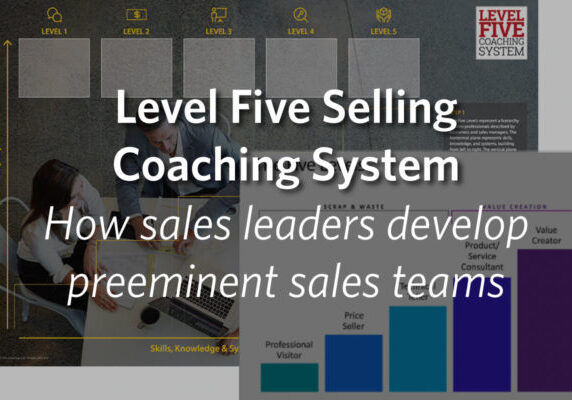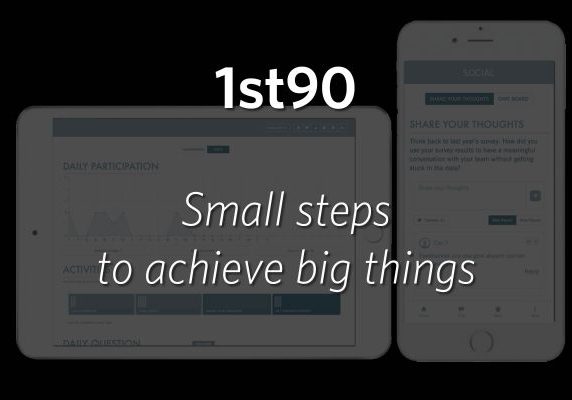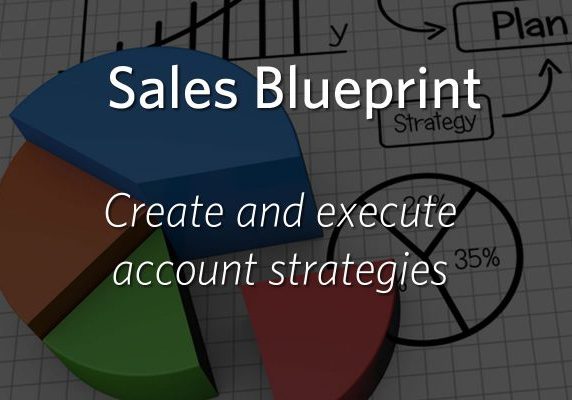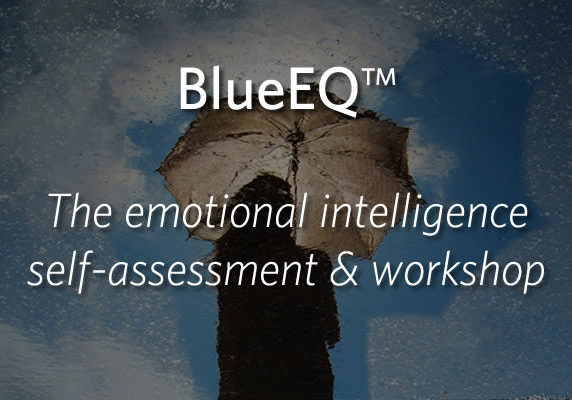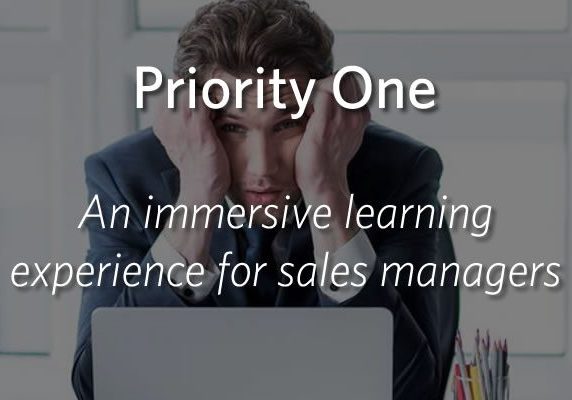3 reasons why your sales reps are too product-focused (and what to do about it)
Salespeople being too product-focused is one of the most common issues sales leaders and sales enablement teams face. Frequently, failure is laid uncritically at the feet of the individual rep and a sales training solution is sought.
Considering the close link between sales compensation and their results, it seems less than likely that large swaths of salespeople are acting very irrationally. For a problem thought to be as widespread as it is, there's little analysis of why reps keep selling this way.
Below I look at 3 reasonable reasons that salespeople have product conversations and what (if anything) to do about it.
1. Their buyers want to have transactional product conversations!
Salespeople try to have the conversations their prospects and clients want to have. Frequently, technical and more junior functional buyers want to have feature-benefit conversations—the result they care about is acquiring a product or service that they’ve been asked to acquire, not big picture strategic business results. Conversely, seemingly strategic buyers have sometimes been advised by internal experts on what they need, and thus want to have a product discussion and begin implementation ASAP. Trying to open up a larger dialogue in these scenarios would be a bad move.
What to Do: If your sales results are in line with expectations, it won’t be the popular thing to do, but you have to do nothing about this and instead focus your efforts elsewhere. While everyone wants to be the trusted advisor to their clients, sometimes product selling gets the job done.
If you have a profitability or deal size issue, you can shift transactional sales to be lower touch (such as an inside-only approach) or self-service, and focus lead generation efforts and prospecting toward more strategic buyers.
2. Reps aren’t capable of having results-focused, business conversations.
This is a more serious problem. You’re getting in front of executive buyers, but salespeople can’t have the kinds of strategic discussions these types of buyers want. On some level this makes sense, as they’re experts on what your organization offers, not on their customer’s business. Most of their training has been focused on understanding your portfolio, and most of their daily interactions concern your business, not the customers.
This problem gets worse the more types of customers they serve. While understandable, consistently annoying your customers with detailed discussion of product specifications when they want to talk about how this will affect their overall business performance is a recipe for stagnation or worse.
What to Do: The solution is highly variable based on the situation, but core to all options would be re-focusing selling conversations around the results reps’ customers are trying to achieve rather than on an explicit need or a problem to be solved.
To offer quick support, deploy playbooks around different customer types that easily provide reps with the different sets of results customers care about and information on how your offering drives them. Beyond that, build customer understanding by putting reps in their customer’s shoes (such as a simulation running their customer’s business), so they understand the tradeoffs customers face and how customers see your organization’s offering.
3. Reps don’t have the capacity to devote themselves to developing deep customer understanding.
Reps get in front of executive buyers and are able to open strategic conversations about the results that executive cares about, but due to time or resource constraints, those conversations quickly fall into servicing clear needs and don’t grow into the partnerships they should. Sales reps who have the business acumen and executive presence required for the above won’t stay in this environment for long, so solving this problem fast is critical.
What to Do: In the short term, give your sales reps as much latitude as possible. This could mean dropping activity targets, scrapping weekly stand up calls and any other administrivia. Sales managers and enablement teams will need to provide extra support (and air cover) to let reps spend more time with customers, co-creating solutions that drive results.
Longer term, you will likely need to re-think how you divide up responsibilities among different sales roles, creating more processes around lower value tasks and taking a hard look at territories in order to free up as much selling time for high value reps as possible.
If you find your salespeople are too product-focused, don’t jump to the conclusion that they aren’t talented enough. Often they shouldn’t be having those conversations, haven’t been given the right training and tools, or even more simply, just don’t have the time to be strategic advisors to their clients. Leaders and enablement need to uncover what’s really happening and take steps to achieve the results your organization needs.
This article also appears on bts.com:
3 Reasons Why Sales Reps Have Product Conversations (and What to Do About Them)
rawpixel.com
 BTS, an Advantage Performance Group thought leader partner, is a global professional services firm headquartered in Stockholm, Sweden, with some 500 professionals in 33 offices located on six continents. We focus on the people side of strategy working with leaders at all levels to help them make better decisions, convert those decisions to actions and deliver results.
BTS, an Advantage Performance Group thought leader partner, is a global professional services firm headquartered in Stockholm, Sweden, with some 500 professionals in 33 offices located on six continents. We focus on the people side of strategy working with leaders at all levels to help them make better decisions, convert those decisions to actions and deliver results.
Ask Advantage about these sales performance solutions we have implemented
Click on one of the boxes to discover more about some of our most widely adopted learning experiences. They are a representative sample of sales performance solutions that have helped us consistently deliver great impact for our clients. If you don't see what you need here, please don't hesitate to contact us to explore our many other resources.
- The end of solution selling - June 14, 2018
- 3 reasons why your sales reps are too product-focused (and what to do about it) - September 14, 2017
- Benchmarking sales enablement: How do you stack up? - September 1, 2017


